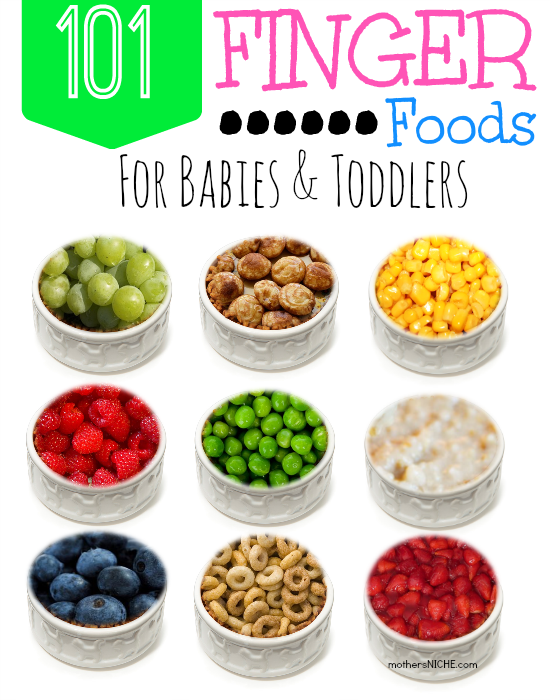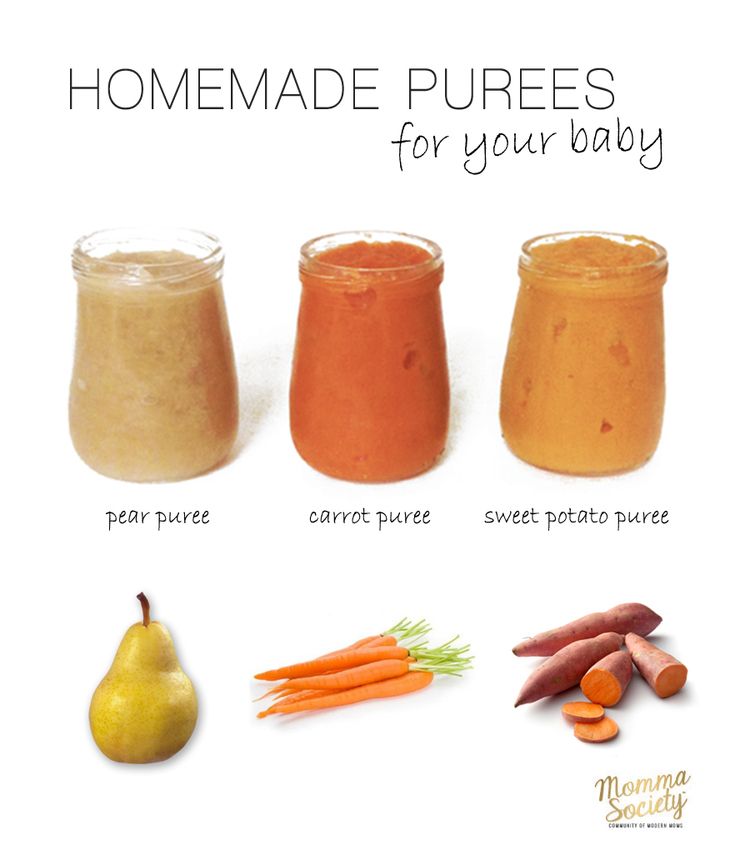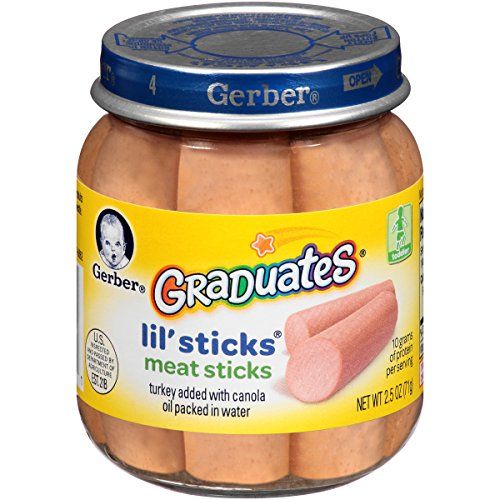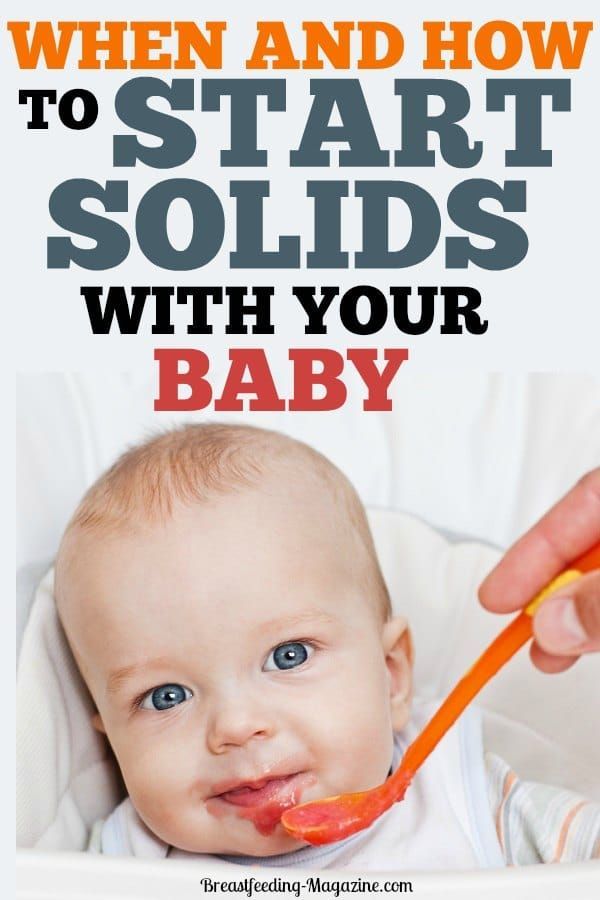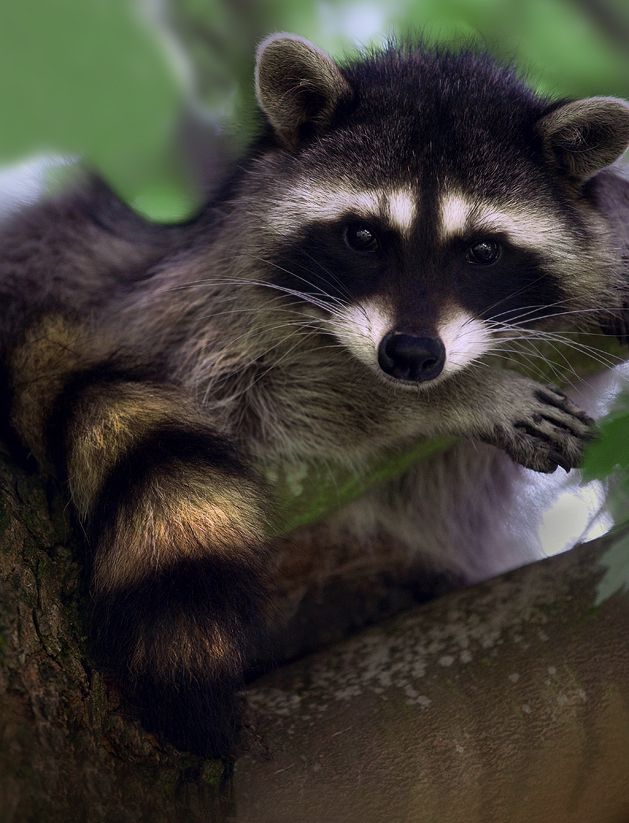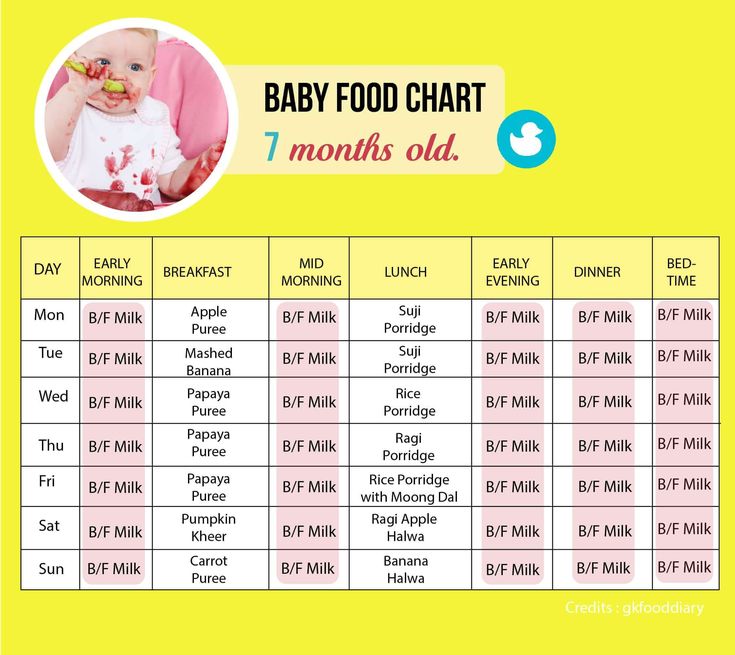First bites baby food bangalore
1st Bites Ragi | Organic Baby Food | Stage 1
Frequently Bought Together
Eligible for free shipping
Close
- Description
- Reviews (10)
Description
| Nutrients | Per 100 g |
|---|---|
| Energy | 403 Kcal(1686 KJ) |
| Protein | 15 g |
| Carbohydrate | 69.00 g |
| Fat | 7.5 g |
| Omega 3 fatty acid | 100.0 mg |
| Trans Fatty acids | 0.15 g |
| Sugar | 5 g |
| Vitamins | |
|---|---|
| Vitamin A | 540 mcg |
| Vitamin D | 6. |
| Vitamin E | 5.0 mg |
| Vitamin C | 50.0 mg |
| Thiamine (B1) | 0.6 mg |
| Riboflavin (B2) | 0.6 mg |
| Niacin | 6.0 mg |
| Panthothenic acid | 1.6 mg |
| Pyridoxine | 0.6 mg |
| Biotin | 25 mcg |
| Folic acid | 36.0 mcg |
| Minerals | |
|---|---|
| Calcium | 300.0 mg |
| Phosphorous | 400.0 mg |
| Potassium | 500 mg |
| Magnesium | 70.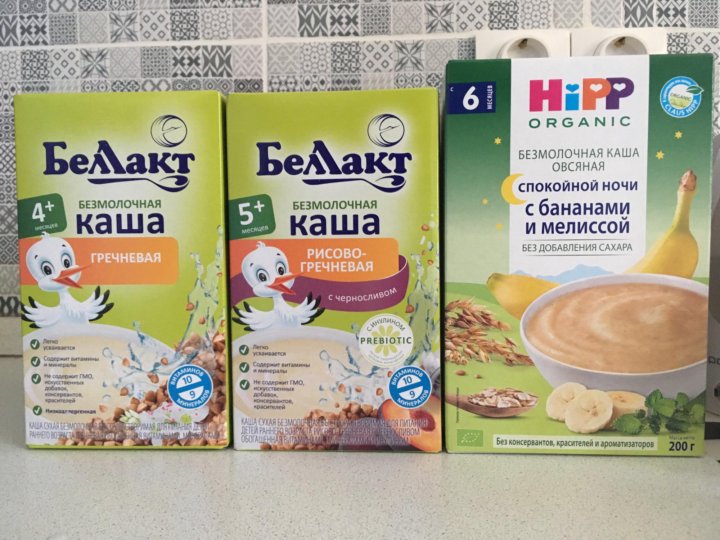 0 mg 0 mg |
| Copper | 280 mcg |
| Iodine | 95.0mcg |
| Selenium | 12.0 mcg |
| Sodium | 100 mg |
| Iron | 8 mg |
| Zinc | 2.5 mg |
India’s 1st Organic Baby food. Baby cereal made with organic ingredients.
For the age group: 6 months- 24 months
No added artificial colours, flavours and preservatives
Pre -cooked and easily digestible
Directions for use:
- Wash hands and vessels properly.
- Sterilize bowl & spoon (by placing them in boiling water for 5 minutes).
- Boil drinking water for 5 minutes & allow to cool.
- Add recommended quantity of 1st Bites to the bowl.
- Add recommended quantity of water gradually, stirring continuously to make a smooth mixture.

- Use prepared food within half an hour otherwise microbial deterioration may set in. Discard unused food.
Important notice: Mother’s milk is the best for your baby.
Storage conditions:
On opening the pack immediately transfer into a clean, airtight and dry container along with the pouch. Always close lid tightly after every use. After opening use the contents within one month. Retain the feeding instructions.
Shelf life:
Best before 12 months from the date of manufacture
Ingredients:
Organic Finger Millet, Milk solids, Organic Sugar, Salt, Vitamins, Minerals and Alpha Amylase.
Allergen advice- Contains Milk
Instructions:
- 3 level scoops of 1st Bites + 75 ml water (Approx)
- Feed 3-4 times a day
Reviews (10)
Made to Order
Made to Order
For Review
Maximum discount is limited to 250/-
Only one coupon can be applied at a time
Offer is for a limited time period only
Discount offers are not applied to IEM products and health baskets
For 1st order 20% off
Can not be combined with any other offer or discount
Offer is not applicable to IEM, baby foods, nutritional supplements
Offer is applicable on your 1st order only
The maximum discount amount is limited to Rs.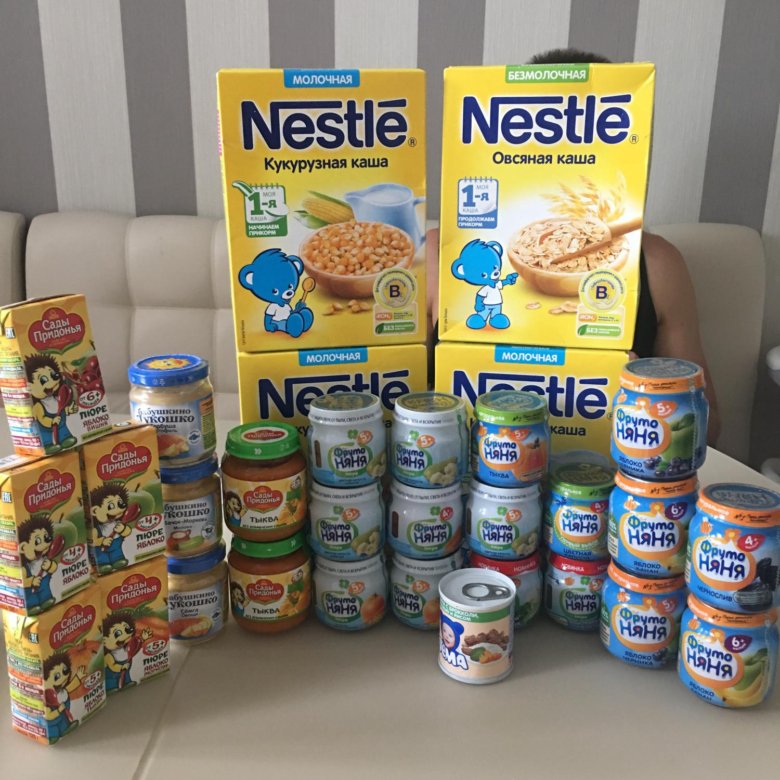 500/-
500/-
- Name*
- Email*
- Phone*
- Details*
1st Bites Baby Food (6-24 Months) Stage-1, 100% Organic Ragi|Infant| Cereal Price in India - Buy 1st Bites Baby Food (6-24 Months) Stage-1, 100% Organic Ragi|Infant
Baby Care
Baby Food
Baby Cereal
1st Bites Baby Cereal
1st Bites Baby Food (6-24 Months) Stage-1, 100% Organic Ragi|Infant| Cereal (300 g, 6+ Months)
4.2
296 Ratings & 21 Reviews
Available offers
Know More
Know More
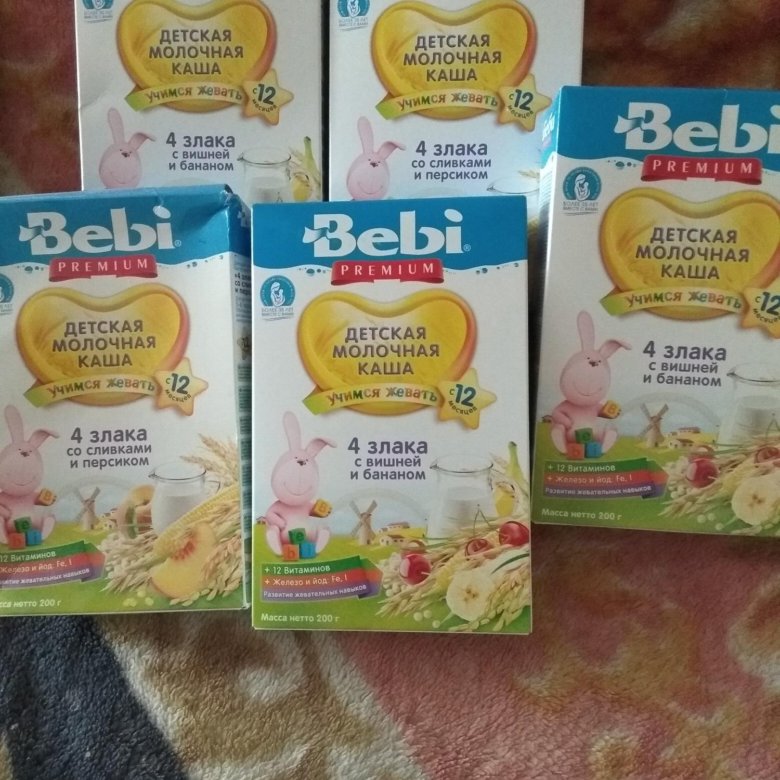 On orders of ₹5,000 and above
On orders of ₹5,000 and aboveT&C
T&C
Delivery
Check
Enter pincode
View Details
Quantity
- 300 g
- 600 g
- 900 g
Please select a Quantity to proceed
Highlights
- Organic Baby Food
- Pre-cooked
- easily digestable
- Baby Cereal
Services
Seller
PristineOrganics
4.1
See other sellers
Description
India's 1st Organic Baby food. Baby cereal made with organic ingredients. For the age group: 6 months- 24 months No added artificial colours, flavours and preservatives Pre -cooked and easily digestible
Read More
Specifications
In The Box
| Pack of |
|
| Sales Package |
|
General
| Brand |
|
| Model Name |
|
| Quantity |
|
| Type |
|
| Age Ideal For |
|
| Ingredients |
|
| Organic |
|
| Dietary Preference |
|
| Added Preservatives |
|
| Container Type |
|
| Maximum Shelf Life |
|
| Nutrient Content |
|
| Caloric Value |
|
| Key Flavors |
|
| Vacuum Packed |
|
| Flavouring Agents |
|
| Storage Instructions |
|
| Preservatives |
|
| Care Instructions |
|
| Manufactured By |
|
| Food Preference |
|
| Country of Origin |
|
Additional Features
| Certification |
|
Dimensions
| Width |
|
| Height |
|
| Depth |
|
| Weight |
|
Legal Disclaimer
|
Disclaimer
|
Frequently Bought Together
1st Bites Baby Food (6-24 Months) Stage-1, 100% Organic Ragi|Infa...
4.2
(296)
NISARG NUTRITION Ragilicks Supplement Nutrition for Baby Unflavor.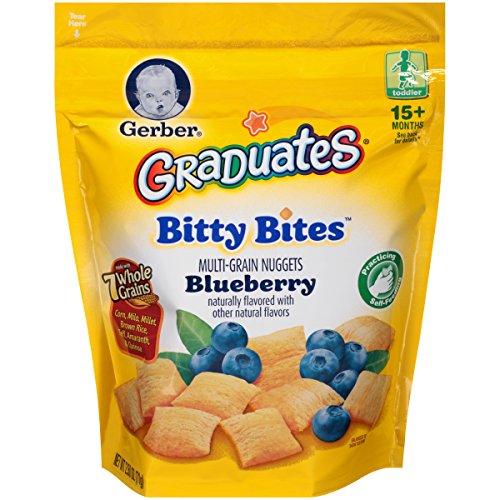 ..
..
4.3
(284)
Early Foods Ajwain & Jaggery Baby Finger Foods 150 g
3.7
(854)
1 Item
₹250
2 Add-ons
₹444
Total
₹694
Ratings & Reviews
296 Ratings &
21 Reviews
5★
4★
3★
2★
1★
164
69
37
8
18
5
Super!
good for babies
READ MORE
Manoj Kanathe
Certified Buyer, Bangalore
Jul, 2019
Permalink
Report Abuse
4
Nice product
Good product
READ MORE
Flipkart Customer
Certified Buyer, Mangaluru
Dec, 2021
Permalink
Report Abuse
5
Worth every penny
Good
READ MORE
Janme jaya Sahoo
Certified Buyer, Jajapur District
Dec, 2021
Permalink
Report Abuse
3
Does the job
Good health mixed
READ MORE
Divya Divya
Certified Buyer, Vengathur
Nov, 2021
Permalink
Report Abuse
4
Nice product
Good
READ MORE
Flipkart Customer
Certified Buyer, Bengaluru
Nov, 2021
Permalink
Report Abuse
3
Does the job
Better to deliver fast
READ MORE
Shekar Reddy
Certified Buyer, Hyderabad
Oct, 2021
Permalink
Report Abuse
5
Terrific
My 7 months old daughter loving it. Without any cry she is taking it. I guess she is getting enough nutrition.
Without any cry she is taking it. I guess she is getting enough nutrition.
READ MORE
Rejwanul Islam
Certified Buyer, Bangalore
Sep, 2020
Permalink
Report Abuse
5
Terrific purchase
Please use this Product
Really Best & best for Baby
READ MORE
Flipkart Customer
Certified Buyer, Kendrapara District
Jul, 2020
Permalink
Report Abuse
5
Just wow!
Excellent product .Been using it for baby food from 9 - to 1.4 months now . Truly matches quality and taste
READ MORE
Mithra Madappa
Certified Buyer, Kodagu District
Jun, 2020
Permalink
Report Abuse
5
Terrific purchase
good
READ MORE
Samarpita banerjee
Certified Buyer, Bengaluru
Nov, 2019
Permalink
Report Abuse
+
All 21 reviews
Have doubts regarding this product?
Safe and Secure Payments.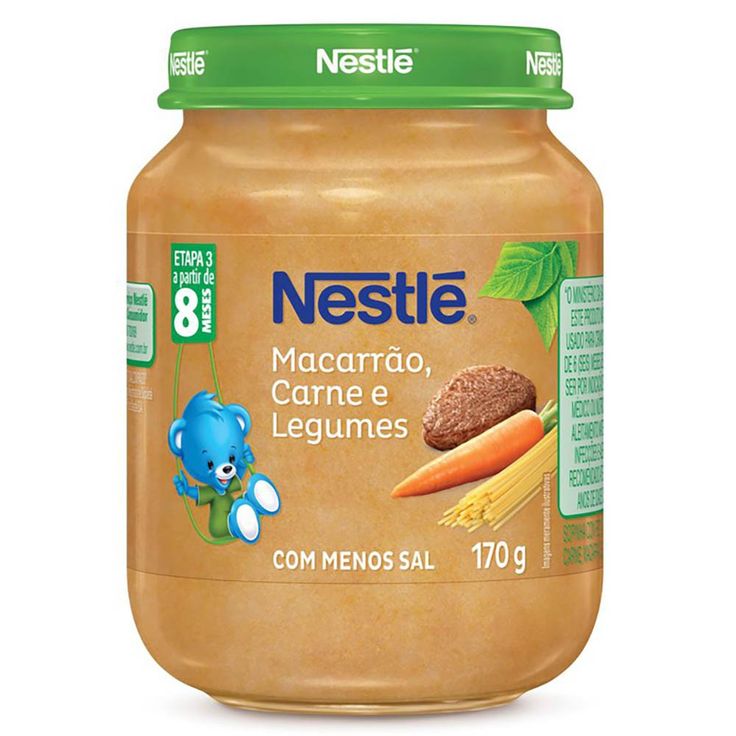 Easy returns.100% Authentic products.
Easy returns.100% Authentic products.
Insect bites in children: prevention and treatment
With the onset of summer heat, the problem of preventing and treating insect bites has become an urgent problem for most parents.
Prevention outdoors
While the child is small, it is easy to cover him with a mosquito cover right in the stroller. In some cases it is convenient to use protective clothing or tents with mosquito nets. In all other situations, repellents become almost the only measure of protection. Modern repellents typically use one of these two main active ingredients, DEET or picaridin. nine0003
DEET (diethyltoluamide) is the most commonly used broad spectrum ingredient that is effective against mosquitoes, biting flies, fleas and ticks. In most cases, repellent with up to 10% DEET will prevent mosquito bites. In areas of high risk of insect-borne infections (where malaria, Ross River virus, Barma Forest virus, and Dengue fever occur), repellents with a DEET concentration of 15-30% should be used.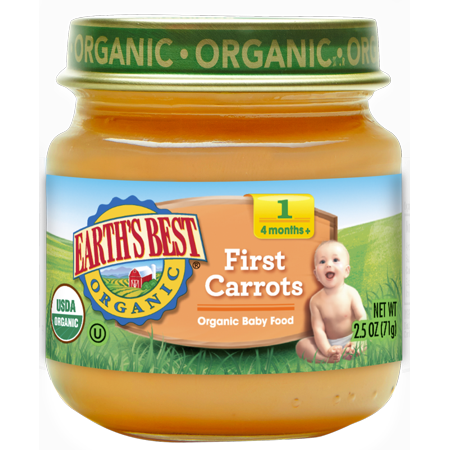
DEET can be safely applied to cotton, wool, and nylon, but can damage spandex, rayon, acetate, and leather clothing. DEET can dissolve plastics and vinyl (such as sunglasses frames or watch bands). nine0003
Picaridin is a new repellent ingredient that is odorless and less sticky than DEET. Can be more pleasant to use, does not dissolve plastic. Studies have shown that picaridin is as effective as DEET; however, its protection is less long lasting and will need to be reapplied more frequently. Products containing 10% picaridin will prevent insect bites in most situations.
Repellent safety in children
Read the label before use, check the level of DEET or picaridin in the formulation, and use the repellent only as directed by the manufacturer. nine0003
Follow these simple rules:
- Prefer roll-ons over aerosols if you have a choice.
- Apply a moderate amount to exposed skin.
- Do not apply to cuts, wounds or irritated skin.
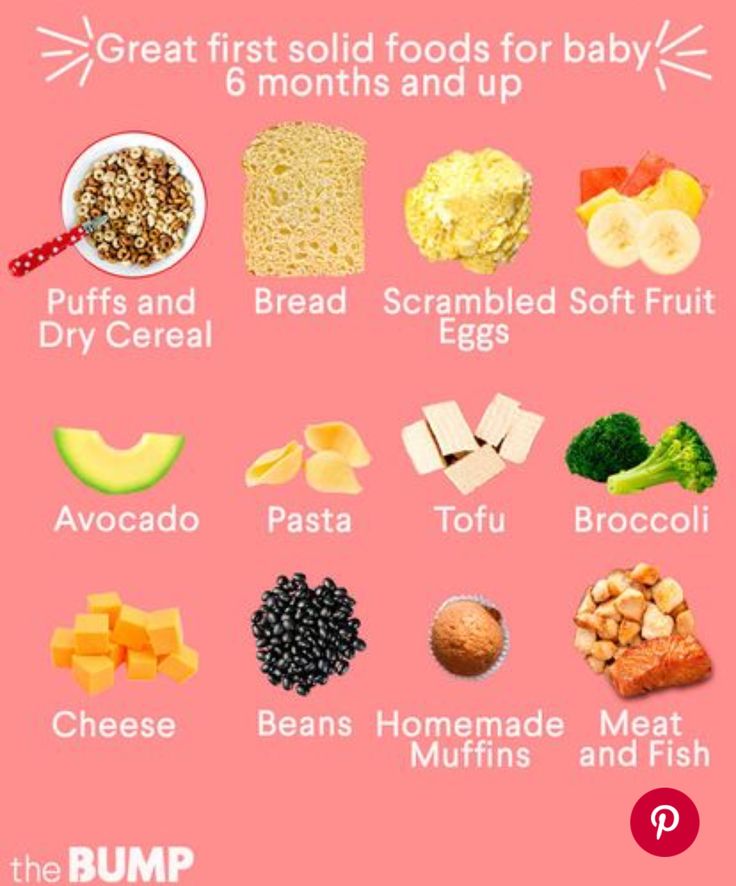
- Do not apply around the eyes or mouth (in case of accidental contact with eyes, rinse immediately with plenty of water!).
- Do not apply to the palms or fingers of small children. nine0022
- When you return home, wash the repellent off your skin with soap and water.
- Keep repellents out of the reach of children.
- If you need to apply both sunscreen and insect repellant, apply sunscreen first. Products that combine sunscreen and repellant are not recommended by experts, as sunscreen usually needs to be reapplied, but repellant does not.
Physical protection
Mosquitoes are attracted to dark colors, so wear light-colored clothing that covers your wrists and ankles to reduce the chance of bites. If you are planning to travel to high-risk areas, it is recommended that you seek medical advice before starting your trip; you may need extra vaccinations and/or malaria chemoprophylaxis. nine0003
Mosquitoes are attracted to stagnant water, so stay away from dams, ponds, swamps and other stagnant water areas.
To keep mosquitoes from breeding near your home:
- Cover all water containers (including swimming pools) to prevent mosquitoes from laying eggs.
- Empty all water containers when not in use.
- Change the water in used containers at least once a week.
- Cover pit latrines and septic tanks to keep mosquitoes from laying their eggs. nine0022
- Remove excess vegetation from garden ponds and stock ponds with fish.
- Avoid over watering the garden.
Prevention in the house
Mosquito nets and fumigators are the basis of protection against midges in the house. Attention! Remember that a mosquito net increases the risk of a child falling out of a window, as it creates the illusion of a barrier - use window blockers.
Fumigators can work on plates or liquid, slowly dispersing a substance toxic to insects around them. The most commonly used substance in fumigators is ethok (aka pralletrin).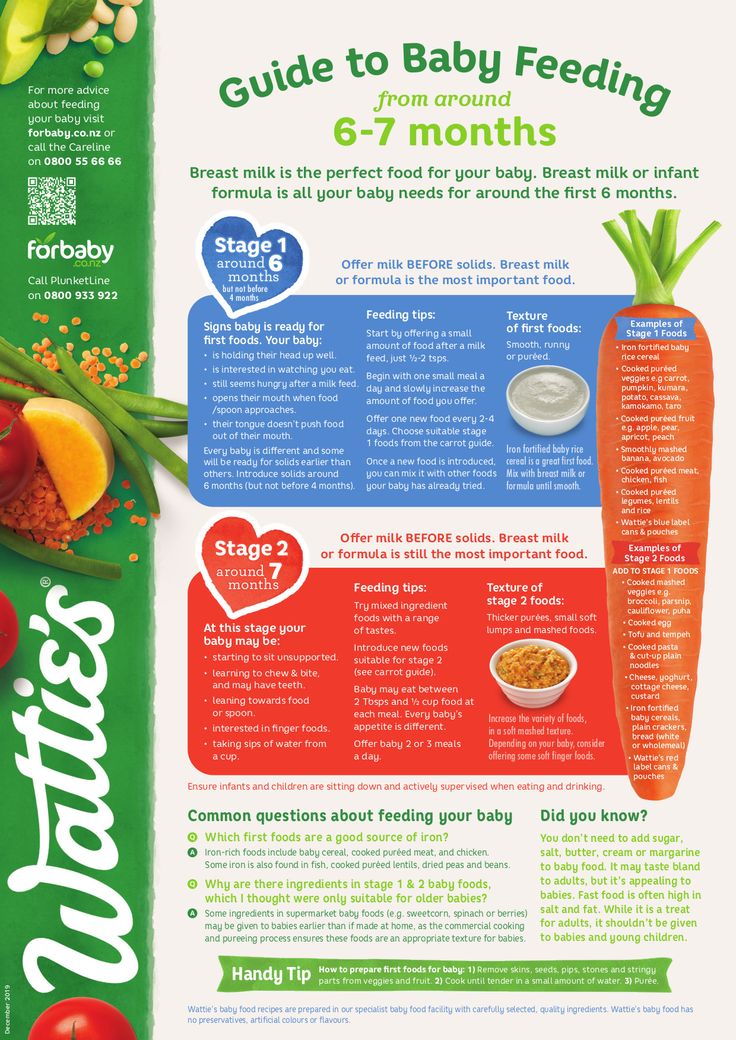 nine0003
nine0003
A common question to a pediatrician is “my child found and chewed a plate from a fumigator, what does it threaten him with?” The fumigator plate contains about 9 mg of pralletrin. The oral toxic dose of pralletrin for humans is 600 mg/kg (LD50). Thus, neither eating these plates nor inhaling fumigator fumes is usually capable of causing serious harm to the child, but contact with the mouth and mucous membranes of repellents and chemicals for fumigators should still be avoided.
More information about the use of repellents and fumigators can be found on the Rospotrebnadzor website.
Treatment of insect bites
Many children (and some adults) have pronounced local reactions to bites of midges (mosquitoes, midges, horseflies): immediately after the bite, within a radius of 1-3 cm, an urticarial element forms around it (as in urticaria, intradermal swelling), lasts for several hours and intensely itches. Then it turns into a papule, it is smaller in size, but more resistant. On top of this papule there are often scratching and bloody or serous crusts. The papule usually disappears within a few days, and the crusts can remain for a very long time - if a person combs them with his nails several times a day, rips them off, and they form again. The use of external or systemic drugs after insect bites reduces the likelihood of serious scratching, secondary infection, reduces unpleasant symptoms (itching, swelling at the bite site, burning and hyperemia) and speeds up recovery. This is especially important for children who are prone to more violent local reactions, they can restrain the urge to scratch the bite site to a bloody scab much worse. nine0003
On top of this papule there are often scratching and bloody or serous crusts. The papule usually disappears within a few days, and the crusts can remain for a very long time - if a person combs them with his nails several times a day, rips them off, and they form again. The use of external or systemic drugs after insect bites reduces the likelihood of serious scratching, secondary infection, reduces unpleasant symptoms (itching, swelling at the bite site, burning and hyperemia) and speeds up recovery. This is especially important for children who are prone to more violent local reactions, they can restrain the urge to scratch the bite site to a bloody scab much worse. nine0003
Immediately after the bite
As soon as you find urticaria marks on the child's skin from fresh bites (came home from the street or picked up an awakened baby in your arms), apply a cooling anti-itch talker (Calamine or Zindol) to the bites. Repeat the application once an hour on this day, most likely in a day you will hardly be able to find the bite (all changes on the skin will disappear).
If the urticaria does develop into a papule or crust
If you didn't apply the mash, or you did, but the papule still formed and itches, start using a low-potency steroid cream (hydrocortisone ophthalmic ointment, Sinaflan or Afloderm) on the site . The steroid is applied 1-2 times a day, one element of the rash requires an amount of ointment no more than half a grain of rice. The course usually takes 2-4 days, during which time the element will almost completely pass. For severe itching or localized swelling, you can use a second-generation antihistamine such as Zodak (as instructed) for several days in a row. nine0003
If a midge has bitten near the eye or on the lip, and a frightening edema has developed
In this case, the child may stop opening his eyes, problems with pronunciation of words may appear (a swollen lip makes it difficult to speak clearly). Most often, it is enough just to wait, or apply cold and wait - and after 15–30 minutes such local edema begins to subside, and after an hour it disappears completely. In severe cases, or if you want to speed up recovery, you can (in addition to cold) use an antihistamine by mouth and a topical steroid externally. nine0003
In severe cases, or if you want to speed up recovery, you can (in addition to cold) use an antihistamine by mouth and a topical steroid externally. nine0003
If bitten by a hymenoptera (wasp, bee, bumblebee, hornet, etc.)
The bite or sting of a hymenoptera is much more unpleasant and dangerous than the bites of an ordinary midge. They cause severe pain, a strong local reaction (redness, itching, swelling) and take much longer to pass. With multiple bites, in addition to local reactions, there may be severe systemic reactions (malaise, fever, weakness, loss of appetite), which disappear in a few days. In addition, some people are allergic to hymenoptera venom and may develop anaphylactic reactions and even die from such bites. Help with single bites in the absence of anaphylaxis (fainting or fainting, a pronounced change in general well-being) does not generally differ from help with a midge bite, but the effect will have to wait noticeably longer. If severe systemic reactions occur, an urgent visit to a doctor is necessary, and if anaphylaxis and / or Quincke's edema in the larynx (hoarseness and severe difficulty in breathing) appear, an ambulance should be called immediately.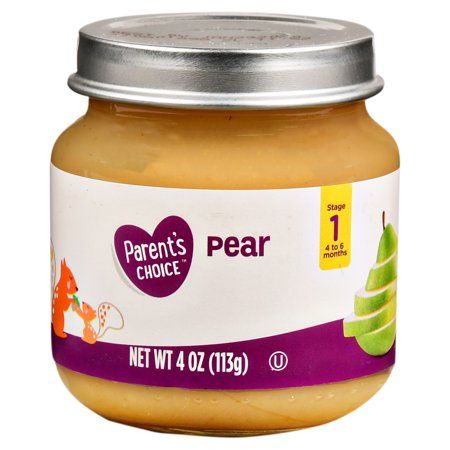 A person who has experienced anaphylaxis at least once in his life, the doctor will write a prescription for adrenaline (ideally a syringe pen with adrenaline) and teach him and his family how to use this drug while waiting for an ambulance. nine0003
A person who has experienced anaphylaxis at least once in his life, the doctor will write a prescription for adrenaline (ideally a syringe pen with adrenaline) and teach him and his family how to use this drug while waiting for an ambulance. nine0003
Important: when stung by a bee, you need to remove the sting from the wound as soon as possible, assistance begins with this step.
A common complication of insect bites: papular urticaria
Papular urticaria is a rash that occurs in response to insect bites in places where the insect did not bite, this is such a "slow allergy" to bites. Most often, it occurs in response to flea bites (including earthen ones), ticks and scabies, but a simple midge can lead to it. Papular urticaria is not dangerous, but it can be uncomfortable, itchy, cosmetic and last for several months. It will go away on its own sooner or later, but a long course of antihistamines and sometimes topical treatment can be helpful in relieving symptoms and hastening recovery. You can read more here. nine0003
You can read more here. nine0003
General advice
Try not to let your child scratch the bite, especially the eyes. This gives immediate relief, but leads to scratching, infection, and noticeably lengthens the recovery time.
Author:
Butriy Sergey Alexandrovich
pediatrician
Information materials on the prevention of insect bites - Articles - Children's City Polyclinic No. 4 of the city of Krasnodar, MZ KK
Insect bites are stings of wasps, mosquitoes, bees, hornets, fleas, horseflies, spiders, ticks . In scientific terms, a bite is usually called a stab wound or a gap made by an insect in self-defense, excitement or nutrition. At the site of the bite, as a rule, reddening of the skin, a small, sometimes bleeding wound, and a small swelling appear.
Lice bites . Lice are among the small, almost indistinguishable to the naked eye, insects. Their habitat is human hair, the method of infection is close contact with a sick head lice.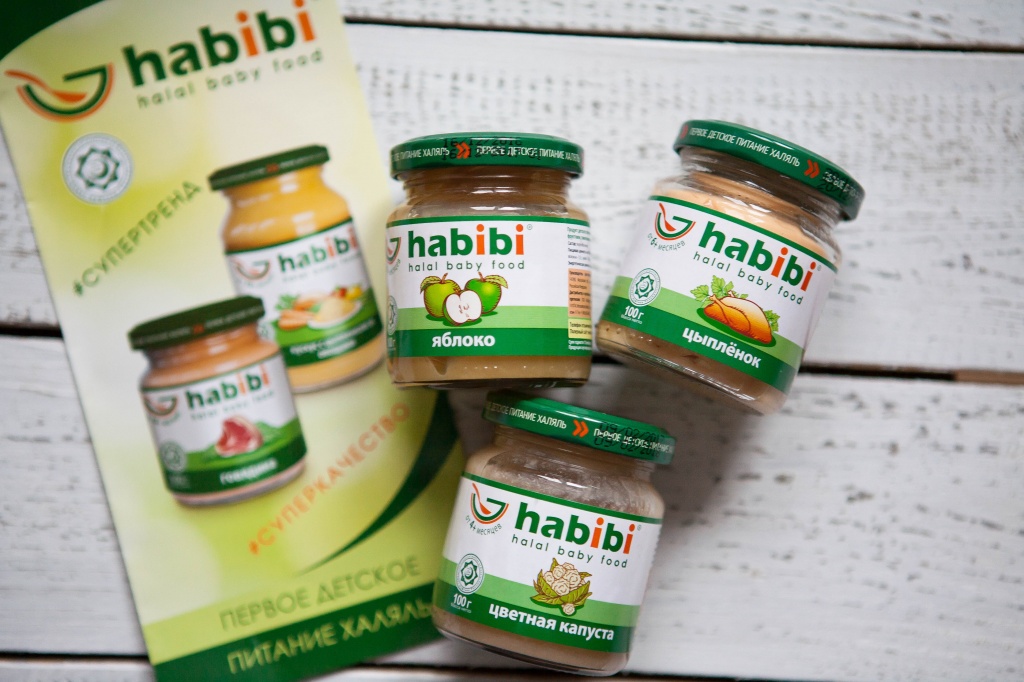 Lice bites are almost imperceptible, but can cause severe itching, the appearance of purulent wounds at the site of the bite, enlargement and softening of the lymph nodes, and fever. nine0003
Lice bites are almost imperceptible, but can cause severe itching, the appearance of purulent wounds at the site of the bite, enlargement and softening of the lymph nodes, and fever. nine0003
Flea bites are manifested by the appearance of reddish bumps on parts of the body: arms, neck, legs, etc. Moose tick bites (these ticks are smaller than usual) resemble small dark bubbles. When the tick lags behind the skin, a small red spot or swelling remains at the site of its introduction.
In Lyme disease, transmitted by moose tick bites, which are transmitted by moose or field mice, a spot appears at the site of the bite with a red center and two white rings around on a reddened background, or a spot with a red center and a reddened area expanding around it. At the site of mosquito bites, severely itchy blisters appear. nine0003
Stings of wasps, bees, hornets are painful and burning, a significant swelling appears at the site of the bite. Usually these insects leave a sting in open places of the body.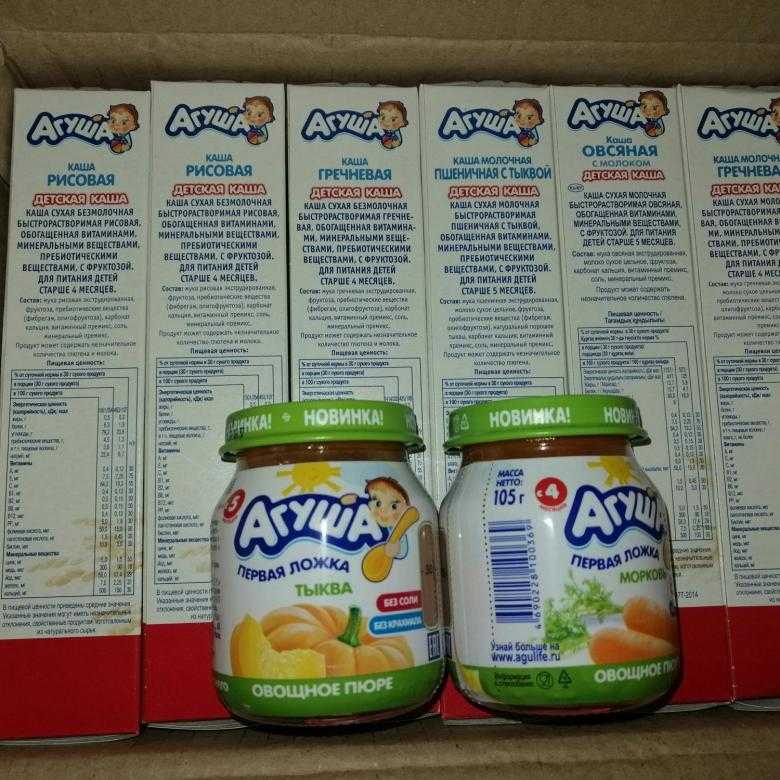
HOW TO AVOID INSECT BITES
Insect bites are almost unnoticeable in most cases . But sometimes they can cause and provoke certain complications: allergic reactions, redness of the skin, itching in the ears, eyes, mouth, cough and other symptoms. nine0003
Children with hypersensitivity to insect bites and manifestation of allergic reactions should try to isolate as much as possible from places where insects accumulate or their possible presence. It should be excluded the use of perfumes or other scented products by the child, wearing bright clothes, walking barefoot on the grass, as well as other factors that attract insects and provoke their bites.
The degree of reaction to an insect bite will depend on individual characteristics natural allergic protection of the body of an adult or child. Among the most aggressive insects are: bees, wasps, hornets, stinging ants, mosquitoes, fleas, horseflies, and ticks.
The chance of being bitten by fleas is increased by the proximity of flea-infested pets. The centers of the spread of lice are often children's groups of kindergartens and schools.
The centers of the spread of lice are often children's groups of kindergartens and schools.
METHODS AND METHODS FOR THE TREATMENT OF INSECT BITES
Ant, mosquito or horsefly bites can be treated at home . To do this, it will be enough to wash the bite with soap and water, apply a cold compress or ice to it to relieve pain and itching.
Treatment of bee, hornet, wasp stings requires a more serious approach, especially in the case of multiple stings or when accompanied by symptoms such as redness of the skin, severe swelling, hives, nausea or difficulty breathing. In the case of a single and uncomplicated bite, the affected area is washed with soap and water and treated with an insect bite medication. In order to reduce itching, ice is applied to it, and a bandage is applied to prevent infection from entering the wound. nine0003
In case of bee stings , it is necessary to inspect the bite site and carefully remove the sting with poison with tweezers, without damaging it, and thereby eliminating the possibility of penetration of the poison into the body.
It is strictly forbidden to apply earth to the site of a bee or wasp sting (according to the advice of traditional medicine), in order to avoid the penetration of a purulent infection into the wound or the appearance of tetanus.
Help for insect bites
Medical help for bee, wasp, hornet stings
Medical treatment for bee, wasp, and hornet stings includes measures to reduce the tumor, the use of antihistamines to reduce itching, and in shock conditions, injections of ethynephrine or oxygen.
If the body is suspected of being susceptible to allergic reactions to insect bites, the doctor may suggest: an anti-bite kit to carry with you at all times or a keychain containing information about the disease and measures to be taken in case of an insect bite. nine0003
HELP FOR TICKS
If you have been bitten by ticks and there is no way to seek help from a medical institution, you must remove the ticks yourself using tweezers. After each removal, a thorough examination of the bite site is necessary to exclude the possibility that the head of the tick may not be removed.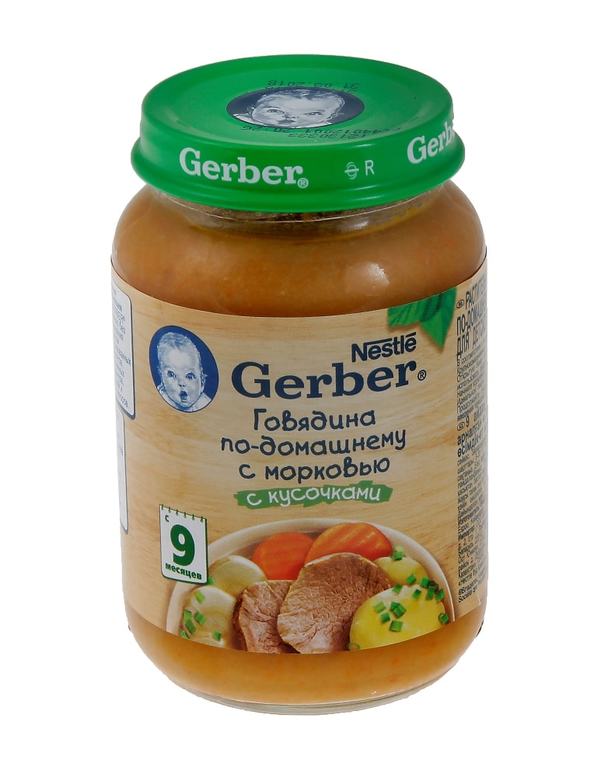 You can remove it with tweezers or a sterile needle (if necessary, removing it from under the skin). To avoid crushing the tick, removal must be done very carefully. nine0003
You can remove it with tweezers or a sterile needle (if necessary, removing it from under the skin). To avoid crushing the tick, removal must be done very carefully. nine0003
There is another effective and proven way to remove mites. A few drops of vegetable oil are applied to the bite site (usually it is a yellowish-green bubble). The oil closes the pores, thereby blocking the breath of the tick. After one or two minutes, by turning the bubble counterclockwise with tweezers, it is necessary to achieve the appearance of a tick head with red antennae. Their stirring indicates the successful and complete extraction of the tick. Upon completion of the removal procedure, the bite site must be lubricated with iodine, brilliant green or alcohol. nine0003
For mosquito bites Wipe the bite area with alcohol, alcohol-based solution or cologne to reduce itching. When organizing a trip out of town, provide for the availability and use of mosquito repellents.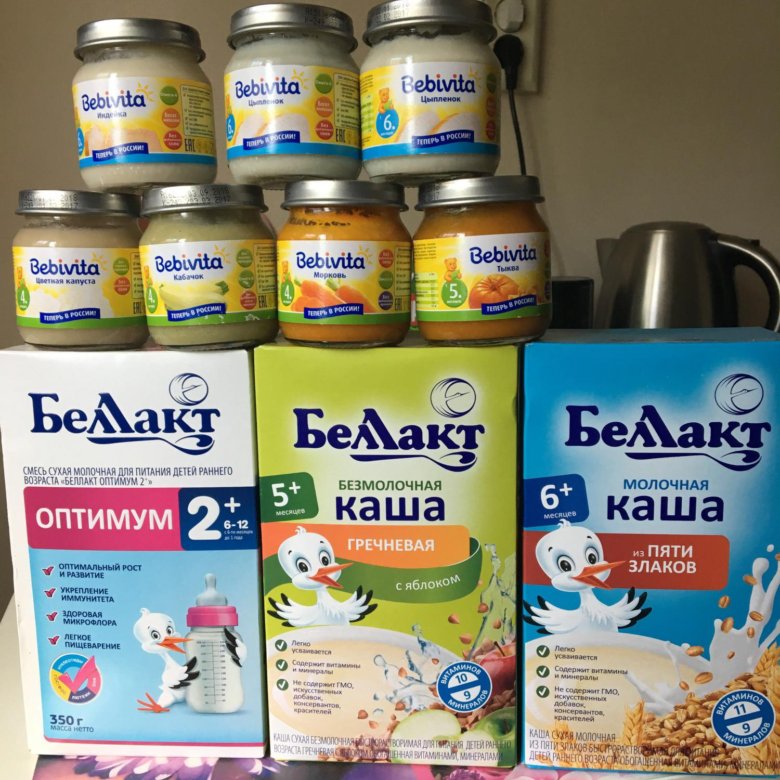
Seek medical attention as soon as possible if :
- a significant tumor develops around the site of an insect bite,
- having a fever, headaches, drowsiness or other symptoms for several days,
- accumulations at insect bites, pus,
- swollen lymph nodes,
- lice detection,
- flea bite detection,
- tick bite detection,
- the appearance of itching in the head, urticaria, redness of the skin.
Urgent, immediate medical attention is needed :
- if you lose consciousness or become weak, preventing you from moving,
- nausea, vomiting, difficulty breathing.
These symptoms may be signs of shock in people who are sensitive to insect bites.
INSECT BITE PREVENTION
As a preventive measure against insect bites, :
- use physical barriers to prevent the entry of insects (e.
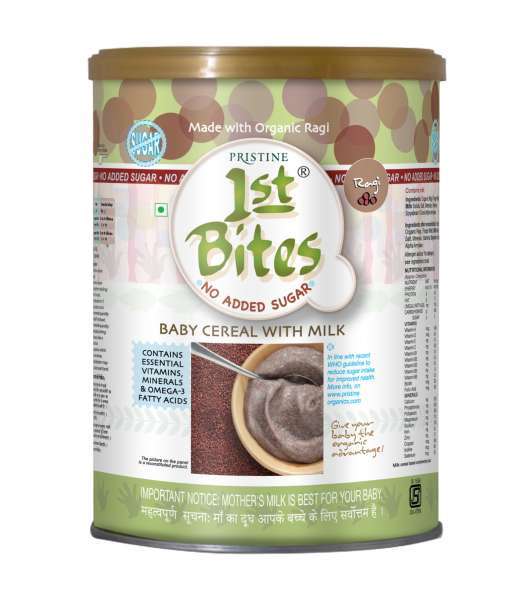


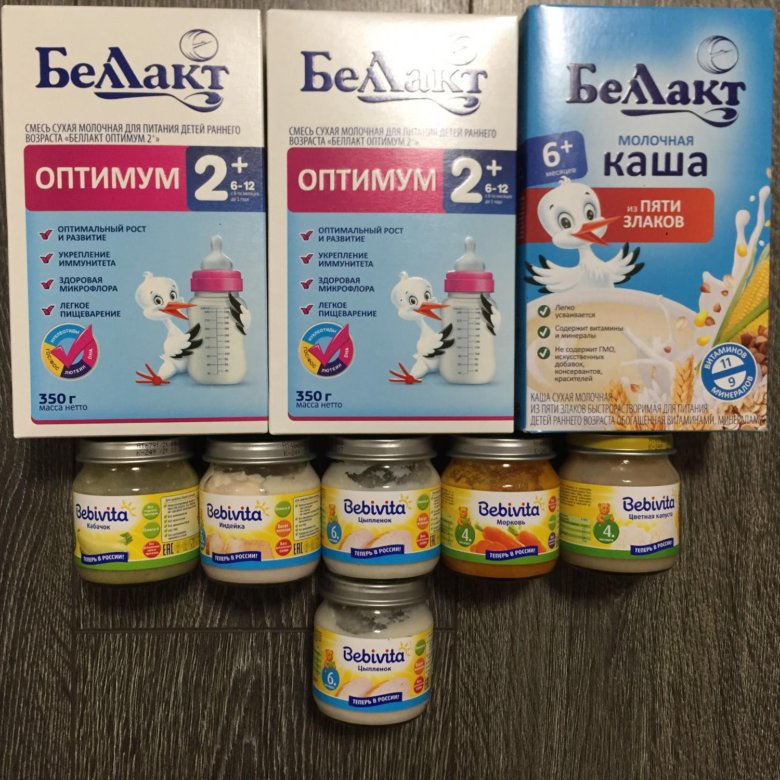 Retain the feeding instructions.
Retain the feeding instructions. 3 kg
3 kg